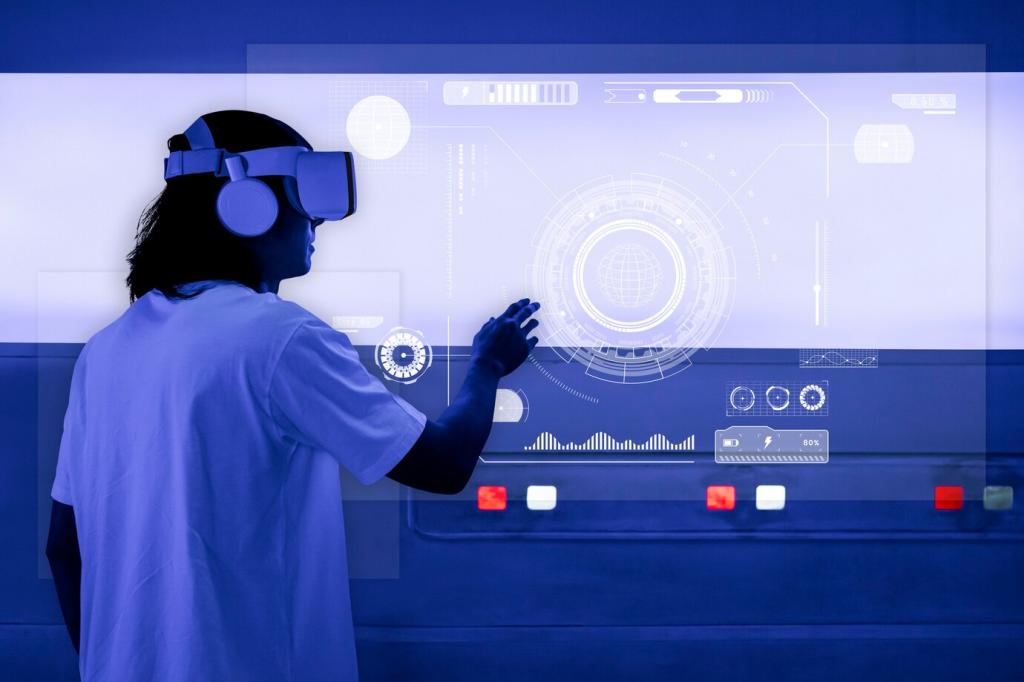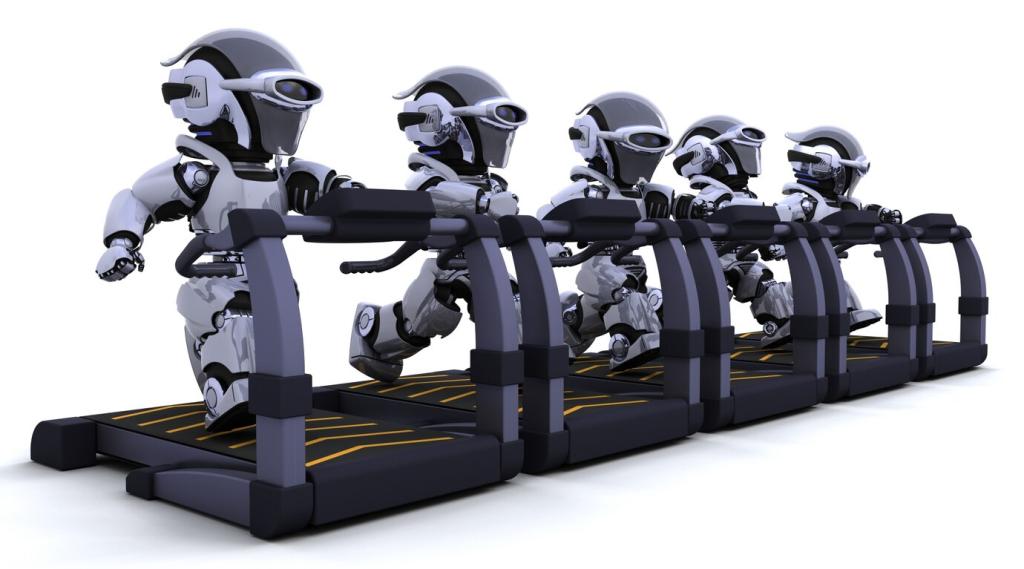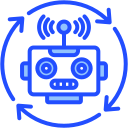The Role of AI in 2024 Smart Home Innovations
The influence of artificial intelligence in shaping smart homes is more apparent than ever in 2024. As technology continues its rapid evolution, AI has become the driving force behind an era of interconnected, intuitive living spaces. Modern households now rely on AI to manage everything from security to energy consumption, offering not only convenience but also meaningful enhancements in safety, sustainability, and comfort. This comprehensive exploration delves deep into how AI is redefining modern homes, examining smart automation, security, personalized environments, and the broader impact on everyday life.
Smart Scheduling Engines
Smart scheduling engines powered by AI now seamlessly synchronize various household tasks. These engines analyze daily routines, preferences, and even external factors like weather or occupancy to dynamically adjust lighting, heating, and appliances. Unlike traditional timers, AI scheduling engines learn from continuous interactions, evolving to anticipate household needs without explicit instructions. Residents enjoy effortless comfort as their homes proactively respond, whether it’s brewing coffee as the alarm rings or adjusting the thermostat ahead of their return. This level of automation minimizes manual input and fosters a sense of harmony between inhabitants and their living spaces.
Adaptive Cleaning Systems
Robotic cleaning devices have gained remarkable intelligence in 2024, going far beyond simple vacuuming routes. AI-powered sensors now create detailed maps of home interiors and recognize diverse floor types or obstacles. These systems prioritize high-traffic zones, remember frequently missed spots, and coordinate with other devices—such as air purifiers or mops—for comprehensive upkeep. As a result, cleaning routines no longer require user micromanagement; the entire process becomes nearly invisible and continuously optimized. This capacity for adaptation empowers users to maintain spotless homes with minimal effort, truly embodying the promise of smart home automation.
Energy Optimization Algorithms
Energy efficiency has become central to smart home management, driven by sophisticated AI algorithms. These systems continually monitor energy consumption patterns and external variables, like peak utility rates or the weather, to fine-tune the usage of heating, cooling, and lighting. The algorithms make real-time adjustments that reduce costs and carbon footprints while maintaining comfort. For instance, they might dim lights when natural sunlight is sufficient, or power down unused zones during work hours. Such intelligent optimization not only benefits individual households but also contributes to broader sustainability goals, marking a significant leap forward in the responsible use of resources.
Previous slide
Next slide
Facial Recognition and Access Control
AI-driven facial recognition has transformed access control within smart homes, blending convenience with uncompromised security. Advanced systems accurately identify authorized residents and seamlessly unlock doors or gate access where appropriate. At the same time, they flag unknown faces—even learning over time to distinguish between neighbors, frequent visitors, or package deliverers. This nuanced layer of security minimizes false alarms and enhances household safety. Moreover, these systems can be temporarily programmed for guests, caregivers, or contractors, granting access only during pre-approved times, all managed through intuitive, privacy-conscious AI controls.
Real-time Threat Detection
AI-based security cameras and sensors have moved far beyond passive monitoring. Contemporary systems are equipped to analyze video and audio feeds instantly, detecting anomalous behaviors such as forced entry attempts, loitering, or suspicious package drops. Rather than relying solely on user intervention, these smart security networks autonomously assess potential risks and respond accordingly—alerting homeowners, triggering lockdown modes, or notifying authorities when warranted. This proactive approach ensures that any threat is swiftly countered, providing unmatched peace of mind and significantly reducing the window of vulnerability within modern households.
Privacy-first Data Management
With increasing reliance on AI for home security, data privacy has come to the forefront of innovation. The latest systems utilize edge computing, meaning sensitive data is processed locally within the device rather than being sent to external servers. This architecture significantly reduces the risk of data breaches while enabling rapid decision-making by AI models. Homeowners retain control over footage and access logs, deciding what gets stored or shared. Such privacy-first design respects user agency while harnessing the powerful benefits of AI, resulting in a secure, trustworthy smart home environment.

Mood-Adaptive Environments
Modern smart homes use AI to create environments that naturally respond to occupants’ moods and preferences. Sensors and contextual analysis allow the system to identify factors like the time of day, weather, or recent activity levels, adjusting lighting, temperature, and sound accordingly. If the system detects signs of stress or fatigue, it may suggest soothing music, adjust ambient lighting, or diffuse calming scents. Over time, these personalized environments foster a sense of relaxation and mental wellness. The result is a home that not only meets physical needs but also nurtures emotional health, offering sanctuary that is truly in tune with its inhabitants.

Customized Entertainment Ecosystems
AI-powered entertainment systems in 2024 have become profoundly personalized, curating content that aligns with each family member’s tastes and routines. Music, movies, and even interactive games are recommended based not only on viewing history but also real-time context—such as who’s present, what time it is, or special occasions. The system effortlessly switches between communal and individual modes, adapting sound profiles or display settings for optimum enjoyment. This deep integration turns home entertainment into a shared, dynamic experience that evolves along with the household, reducing decision fatigue and delighting users with serendipitous discoveries.

Health and Wellness Integration
AI has taken center stage in promoting health within the smart home, seamlessly connecting wearable devices, smart kitchens, and environmental sensors. The system monitors daily habits, air quality, and even sleep patterns, offering actionable insights to foster healthier living. Whether it’s suggesting nutritious recipes based on pantry contents, reminding residents to hydrate, or adjusting air filtration when allergens are detected, AI empowers individuals to make incremental improvements. By contextualizing wellness within daily routines and responding proactively to changes, smart homes in 2024 have become active partners in personal health management.
